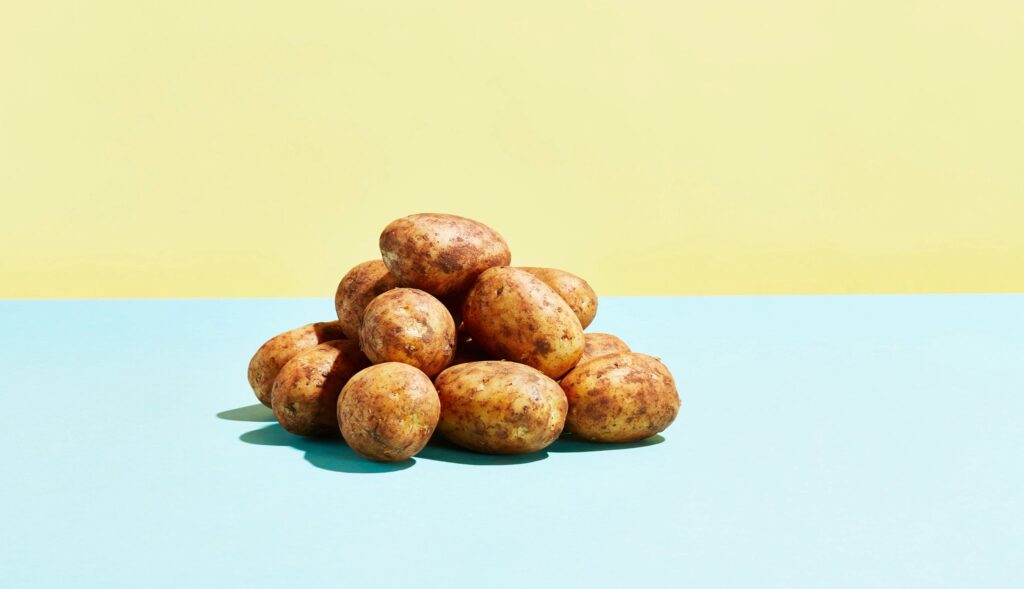
Pity the poor potato. Even though it’s the most commonly consumed vegetable in the United States, it’s gotten a bad rap. Which makes sense in some ways — deep-fried french fries and potato chips account for a lot of that consumption. Headlines link them to obesity and type 2 diabetes. But dig a little deeper, and a different picture emerges.
The problem with potatoes doesn’t come from the potato itself. It’s the way we eat them.
“Eating mashed potatoes with a lot of cream and butter increases your saturated fat and calories, and salt adds sodium. Fried potatoes often go with fast food,” says Frank Hu, M.D., chair of the nutrition department at the Harvard T.H. Chan School of Public Health.
And just as a baseline, he points out, spuds are full of starch.
“That doesn’t mean potatoes should be completely excluded from your diet,” Hu says. “A moderate amount can still be included as part of a healthy dietary pattern. They do have a significant amount of fiber, potassium and some vitamins.”
Embracing the potato
In Nordic countries — Sweden, Norway, Denmark, Finland and Iceland — potatoes are a staple food, along with fish, berries, whole grains, root vegetables and rapeseed oil. Studies have linked this diet to lower blood pressure, cholesterol and inflammation.
For the region’s most recent dietary guidelines, experts sorted through the existing research. They found that if you don’t deep-fry your spuds, there’s not much evidence to link them to chronic diseases, cancer or death in general. Scandinavians cook potatoes many ways, but the most common way they eat them is boiled, with fresh dill if it’s available.
“We say to eat more vegetables, but potatoes don’t count — that’s not right. Potatoes do count, and they bring together nutrients,” says Joanne Slavin, a nutrition professor at the University of Minnesota. “So whether you’re making them into breakfast hash browns or having them in soup or stew, they round out meals. They’re not the star player, but they’re an important part of making meals enjoyable.”
Plus, research shows they offer some very real health benefits for people over 50. Here are four of them:
1. Lower blood pressure
Potassium is one of those nutrients you probably don’t think about too much — but every day, most Americans fall short of the recommended intake. That factoid may make you want to reach for a banana, and sure, it’s a great source. Before you do, consider this: A medium baked potato with skin has more than twice as much potassium as a medium banana. Potatoes are potassium superstars.
That matters because potassium helps your body flush out sodium through your pee. Sodium is known to increase blood pressure — and unlike with potassium, most of us eat more salt than we need each day. If your body’s ratio of potassium to sodium is out of whack, it can mean trouble for your blood pressure. And high blood pressure can increase your risk for heart disease and stroke.
For more surprising health benefits of potatoes, from AARP, CLICK HERE.


